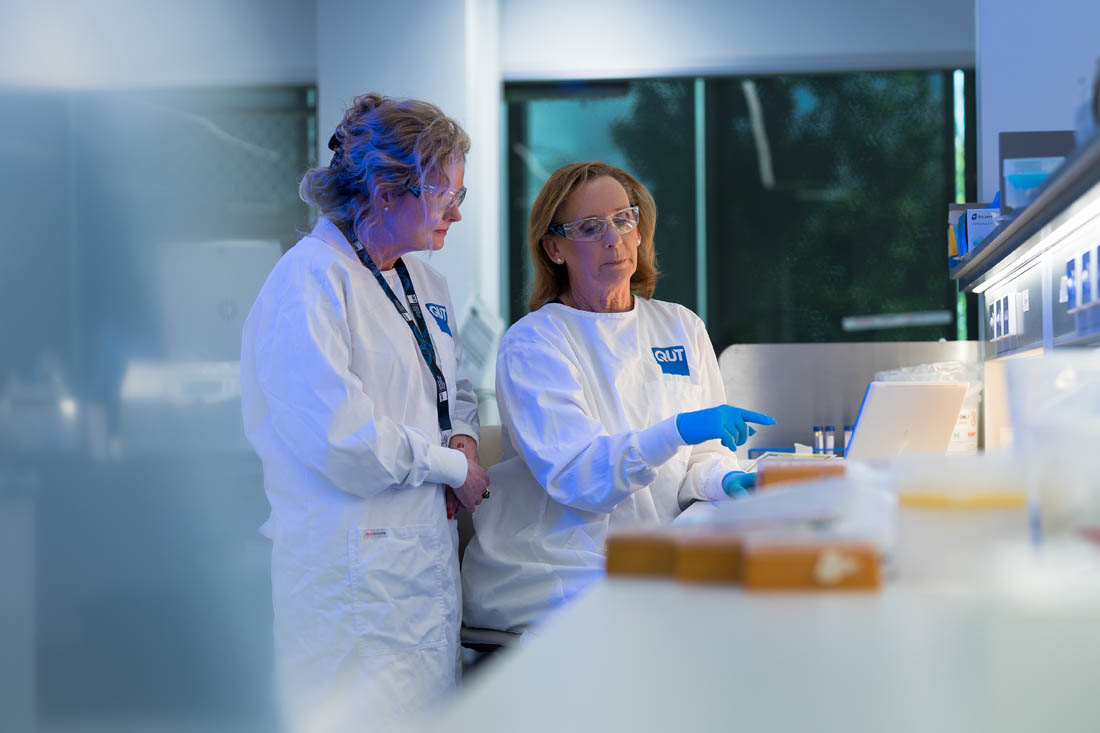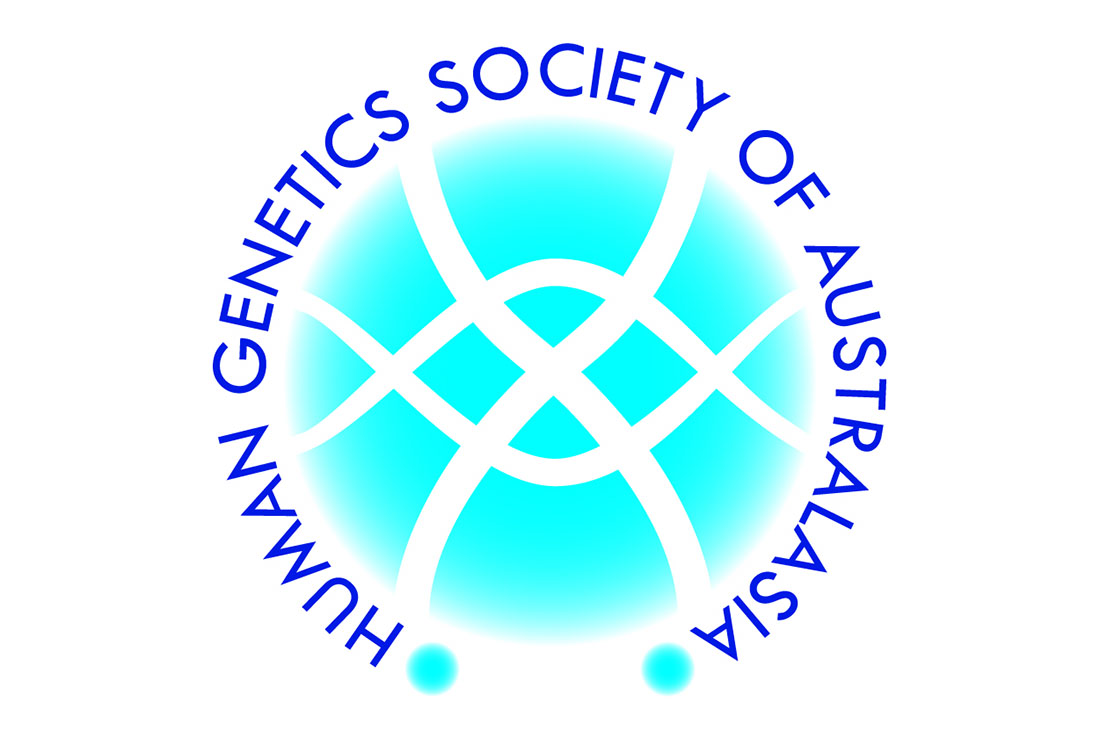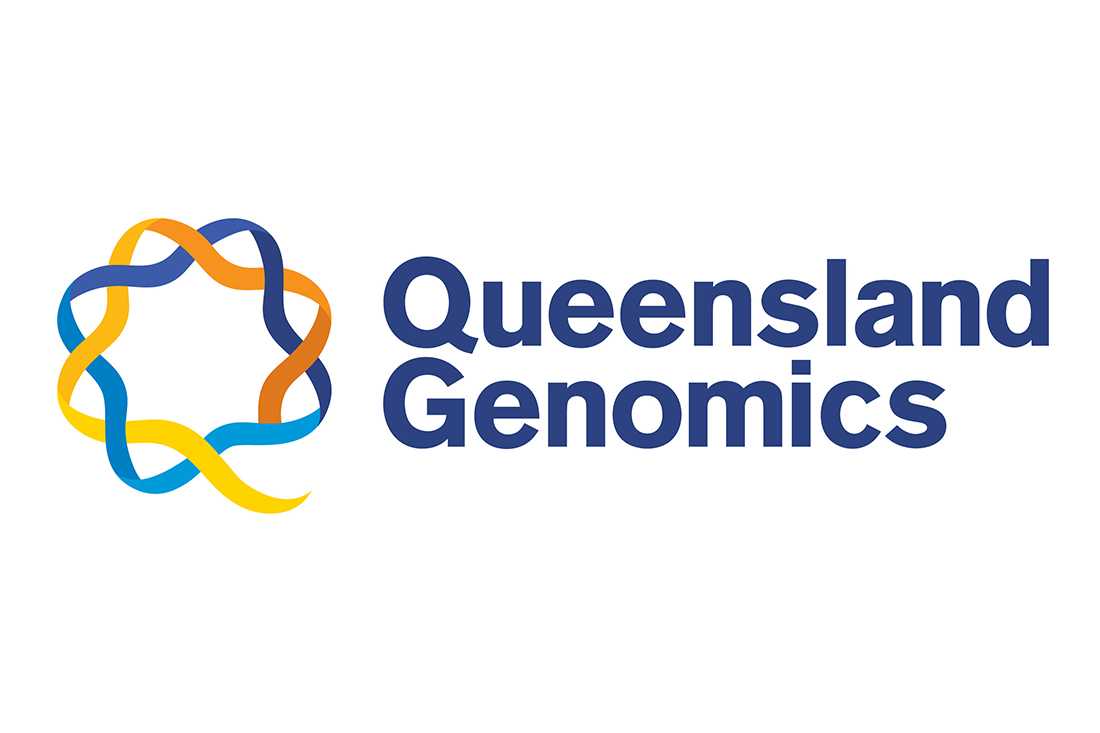A suite of courses to suit your career goals
Diagnostic genomics is a rapidly developing field, and its application creates a real impact to healthcare. As well as scientists, managers, and professionals with nursing, medical, and allied health backgrounds are taking up studies to increase their genomic literacy and boost their careers. Select from a graduate certificate, graduate diploma, or master's degree.
Take the next step in your career
‘I worked in the gut microbiome industry and decided to undertake my Masters in Diagnostic Genomics to further my knowledge in human genetics and potentially further my understanding of the affects the gut microbiome has on human health outcomes. I find it fascinating that something we cannot see has the potential to influence our health in many ways.’
Learn from industry leaders
Our diagnostic programs are led by Dr Michael Gabbett. Michael is active in the sphere of professional education of paediatricians and physicians. He currently sits on the Royal Australasia College of Physicians (RACP) Curriculum Advisory Group. He was a member of the RACP Advanced training Committee in Clinical Genetics for several years and held the position of RACP Regional Examiner at the Royal Children’s Hospital, Brisbane until the hospital’s closure. You can be confident you’ll learn from experts in the field of genomics.
Industry collaboration
QUT offers the first and only masters degree in diagnostic genomics in Australasia. The Human Genetics Society of Australasia is the professional society and credentialing body for genetics professionals in Australia. Graduates of the QUT Master of Diagnostic Genomics will be eligible to apply for professional credentialing from the Board of Censors in Diagnostic Genomics within HGSA.
Industry support
The Master of Diagnostic Genomics was established with support from Queensland Genomics, a Queensland Government program to accelerate the adoption of genomics into everyday healthcare for Queenslanders.




